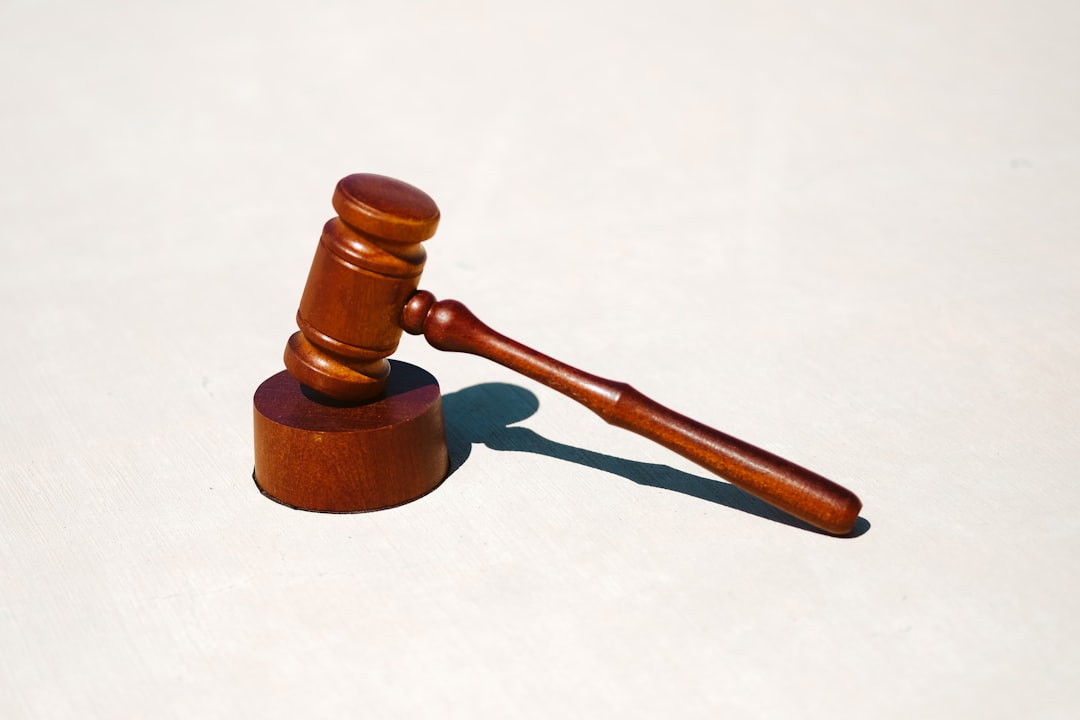New York's strict "Do Not Call" law protects residents from unwanted telemarketing. Businesses must comply with TCPA, obtain explicit consent, and maintain records. Consulting a Do Not Call Lawyer New York ensures compliance, effective sales practices, and protection against legal issues.
Staten Island businesses, are you tired of navigating complex Do Not Call laws? Understanding and adhering to these regulations is crucial to avoid costly violations. This comprehensive guide arms you with the knowledge to optimize your sales calls. From comprehending New York’s Do Not Call laws to implementing best practices, we explore effective strategies. Discover the vital role a Do Not Call Lawyer New York plays in ensuring compliance. Empower yourself with these insights and protect your business from potential legal pitfalls.
Understanding Do Not Call Laws in New York

In New York, the Do Not Call Law is a consumer protection act designed to prevent unwanted telemarketing calls. Businesses, including those on Staten Island, must adhere to strict guidelines to ensure they are not infringing upon consumers’ privacy. The law allows residents to register their phone numbers on the state’s official “Do Not Call” list, effectively blocking commercial calls from listed companies.
Companies can face significant fines and legal repercussions for violating these regulations, which include restrictions on calling specific numbers during certain hours and requirements for obtaining explicit consent before making telemarketing calls. Engaging a Do Not Call Lawyer New York can help businesses navigate this complex landscape, ensuring they stay compliant while effectively managing their marketing strategies to avoid unintended violations.
How to Legally Conduct Sales Calls

To legally conduct sales calls, Staten Island companies should understand and adhere to the Do Not Call Registry laws enforced by the Telephone Consumer Protection Act (TCPA). The first step is to ensure your company has obtained proper consent from potential customers before making outbound sales calls. This can be achieved through opt-in agreements, where prospects actively agree to receive marketing calls. Keep detailed records of these consents for easy verification and compliance purposes.
When making sales calls, avoid calling numbers listed on the National Do Not Call Registry. A simple, “Is this number registered with the National Do Not Call List?” question can help gauge a prospect’s willingness to engage. Additionally, employ automatic dialing systems and prerecorded messages judiciously, as they require explicit consent due to their automated nature. Always provide a clear and easy opt-out method during each call, allowing recipients to register their preference not to be contacted again. Engage with Do Not Call lawyers in New York to ensure your sales practices remain compliant and effective.
Best Practices for Avoiding Violations

Staten Island businesses should adopt several best practices to avoid Do Not Call violations and protect themselves from legal repercussions. First, ensure comprehensive training for all sales and marketing personnel on the rules and regulations surrounding telemarketing activities, including proper registration and compliance with state and federal laws like the Telephone Consumer Protection Act (TCPA). This training should cover do-not-call lists, opt-out mechanisms, and the importance of obtaining explicit consent.
Second, implement robust record-keeping practices to track customer interactions, preferences, and opt-out requests. Maintain up-to-date contact databases, regularly review and update do-not-call status, and employ technology solutions that automate compliance tasks. Engaging a Do Not Call Lawyer New York can also be beneficial; legal professionals specializing in this area can provide guidance tailored to local laws and help establish effective internal policies to minimize the risk of violations.
The Role of Legal Consultation in Compliance

For Staten Island companies aiming to maintain compliance with the Do Not Call regulations, seeking legal consultation from a skilled Do Not Call Lawyer New York is an invaluable step. These laws are designed to protect consumers from unwanted sales calls, and non-compliance can result in significant penalties for businesses. A dedicated lawyer can provide tailored guidance, ensuring your company understands the evolving regulatory landscape. They’ll help implement robust internal policies, train staff on proper call practices, and offer strategic advice on navigating potential challenges.
By engaging a legal expert, Staten Island businesses gain access to expertise that goes beyond basic compliance. These attorneys keep abreast of changes in legislation, regulatory interpretations, and court decisions, ensuring your company stays ahead of the curve. They can also represent your interests in case of an investigation or enforcement action, offering strong advocacy to protect your business’s interests and reputation.






